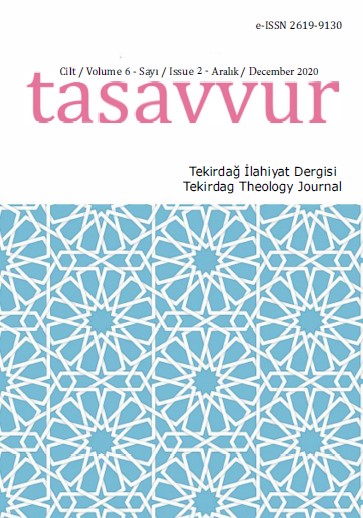Yakın Anlamlı Lafızların Meâllerdeki Tercümeleri (Necm-Kevkeb Örneği)
Translations of Homonym Words in Qur’ān Meanings (Najm-Kawkab Example)
Author(s): Haşim ÖzdaşSubject(s): Islam studies, Philology, Hermeneutics, Translation Studies
Published by: Tekirdağ Namık Kemal Üniversitesi İlahiyat Fakültesi
Keywords: Exegesis; Najm; Kawkab; Close Meaning; Homonym;
Summary/Abstract: Many linguists considered that presence of homonym words defined as more words than one have the same meaning is the richness of that language; on the other hand, some others opposed this. Despite these two opposite approaches, some others stated that there are homonym words in Arabic though few. In connection with this issue, some scholars, defending the presence of homonym words, stated that homonym words are present in Qur’ān as well, while the scholars opposing this view said that these types of words do not take place in Qur’ān. Therefore, according to the ones who do not accept the fact of homonym, they report that expressing a single meaning with more than a word is not synonymy but an issue of close meaning. According to this, each of the words with close meaning has in fact a different meaning. In this study, after briefly mentioning the different approaches of scholars to the homonym words and giving place the issue whether such words are present in Qur’ān, the translation problem will be attracted attention as if there is no difference between the words أَلنَّجْم (al-najm) and كَوْكَبْ (kawkab), which has close meaning.
Journal: Tasavvur Tekirdağ İlahiyat Dergisi
- Issue Year: 6/2020
- Issue No: 2
- Page Range: 765-796
- Page Count: 32
- Language: Turkish

